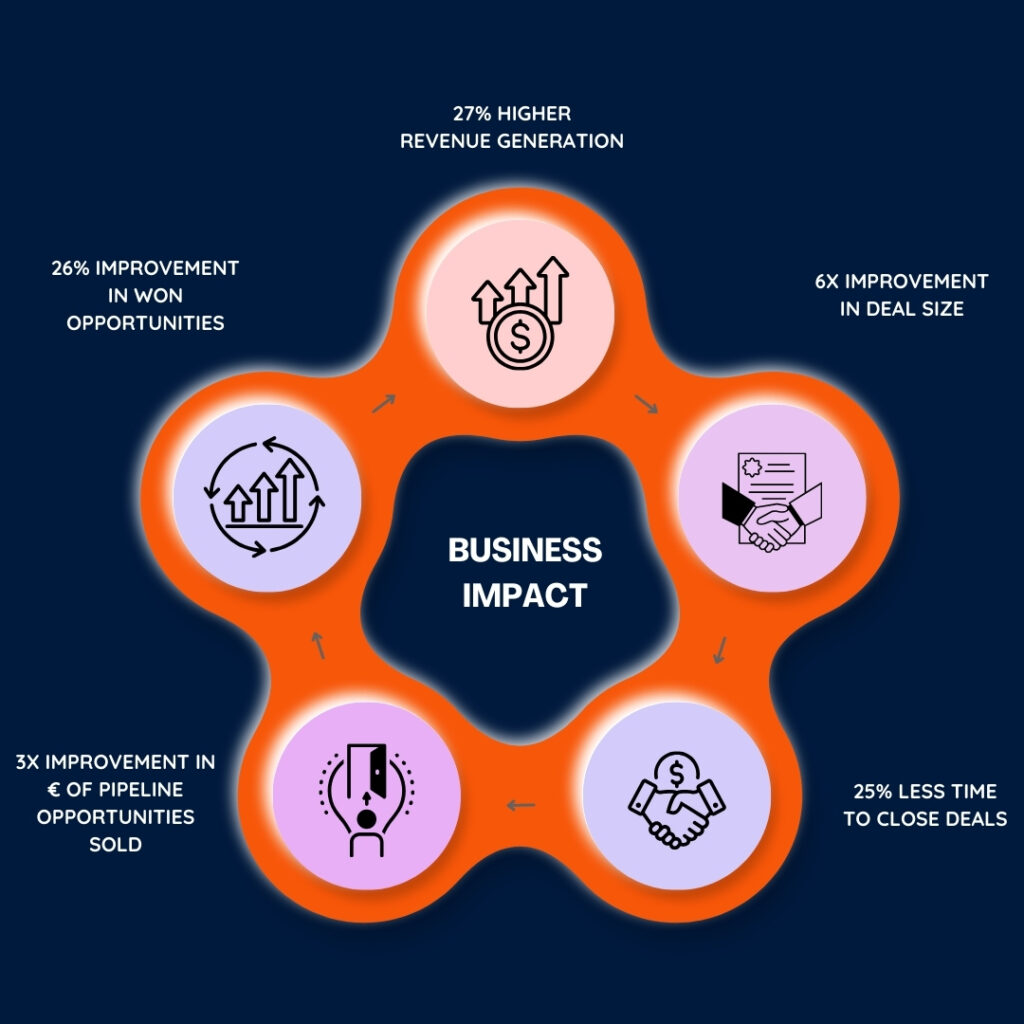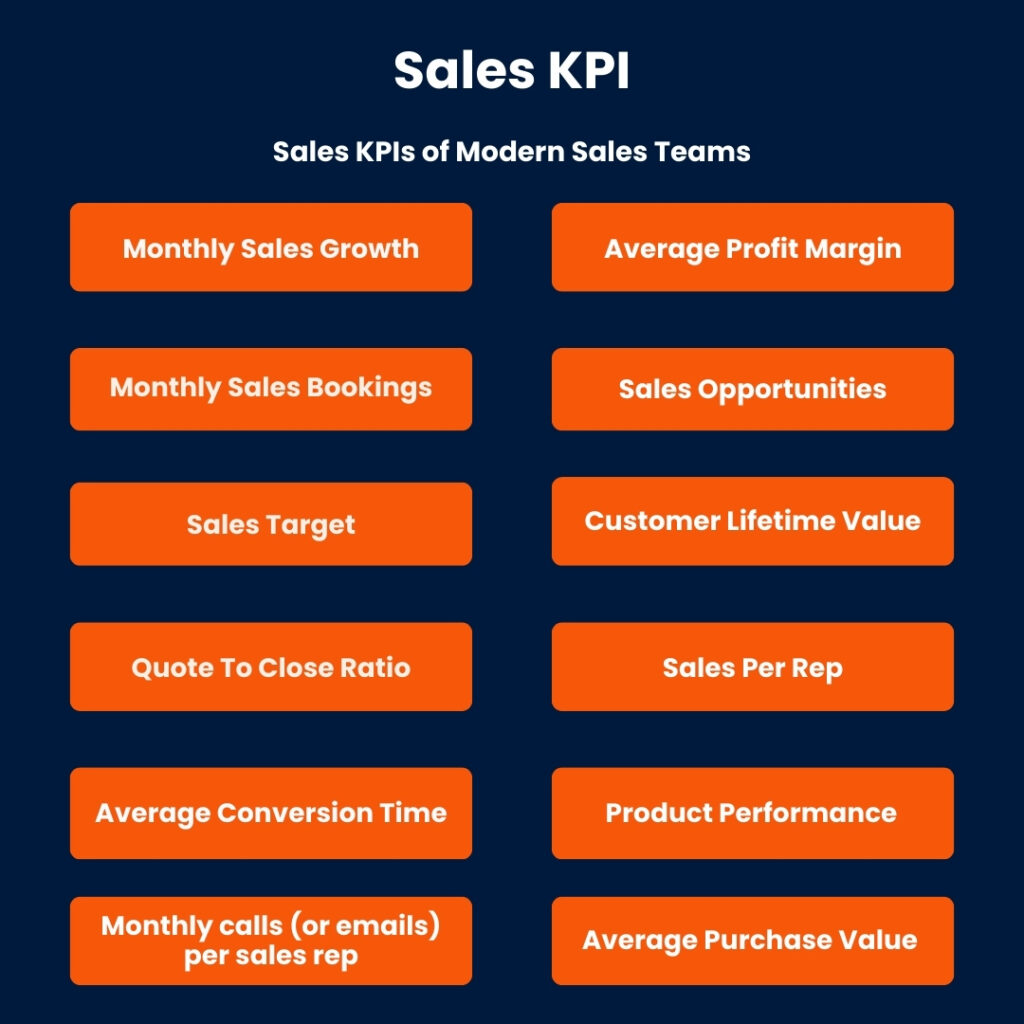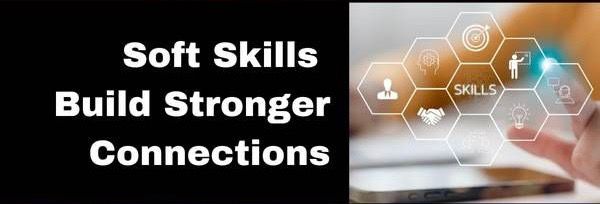The Engineer’s Dilemma
Engineers, skilled in precision and technical expertise, struggle to convey their work’s value to clients due to limited exposure to sales strategies. Targeted sales training helps bridge this gap, empowering engineers to communicate their products benefits effectively.
Importance of Sales for Engineers
Here are key reasons why sales training is crucial for engineers:
Understanding Customer Needs: Engineers being trained to solve problems enables them to cater to specific needs of the clients. This customer-centric approach enhances the product development process ensuring solutions align closely with market demands.
Effective Communication: Engineers often deal with complex concepts that might be challenging for non-technical stakeholders to grasp. Sales training helps simplify the message making it comprehensible for a broader audience.
Building Relationships: Sales is not just about transactions; it’s about building relationships. With the help of technical expertise and effective communication the benefits of the solution can be communicated.
Cross-Functional Collaboration: Sales training fosters collaboration between engineering and sales teams. Engineers who understand the sales process can better align their technical expertise with market demands, leading to more cohesive and successful product launches.

Components of Effective Sales Training for Engineers
Here are essential components to include in a comprehensive program:
Market Awareness: Engineers should be attuned to market trends and competitor activities. This incorporates elements of market research, helping engineers stay informed about industry developments and positioning their products effectively.
Product Knowledge: Engineers must have in-depth understanding of products they are selling. This provides them with comprehensive product knowledge, enabling them to highlight features and benefits that resonate with potential customers.
Sales Techniques and Strategies: Engineers should be familiar with fundamental sales techniques and strategies. This includes understanding the sales funnel, qualifying leads, and closing deals effectively.
Customer-Centric Approach: Emphasis on understanding the needs and wants of each customer and tailoring the approach towards the customer to cater to them.
Communication Skills: Effective communication is the cornerstone of successful sales. Engineers should be trained to convey complex technical information in a clear, concise, and compelling manner by crafting impactful presentations and engaging in persuasive conversations.
Negotiation Skills: Negotiation is crucial in sales. Engineers must develop these skills to reach mutually beneficial agreements by understanding both parties needs and finding common ground.
Implementing Sales Training for Engineers
Here’s a strategic step-by-step approach to integrating sales training for engineers within an organization:
Assessment of Current Skills: Assessing the current sales skill of engineers through surveys and tailoring the training program addressing specific needs.
Customized Training Programs: Develop customized training programs catering to unique needs of engineers. Blending technical insights with sales methodologies creating a holistic learning experience.
Role-Playing Exercises: Role-playing exercises simulate real-world scenarios helping engineers to practice newly acquired skills in a safe controlled environment, building confidence and competence.
Continuous Learning: Promote ongoing sales training for engineers by encouraging continuous learning through workshops, webinars, and accessible resources.
Cross-Functional Collaboration: Encourage joint projects to enhance mutual understanding and team dynamics through practical insights into the sales process
Feedback Mechanisms:
Solicit input from both engineers and sales teams to identify areas of improvement. The success of sales training for engineers can be measured through various key performance indicators (KPIs). These include:
Conversion Rates: Monitor the conversion rates of leads into customers. Increasing conversion rates indicates engineers are effectively communicating the value of their solutions.

Customer Satisfaction: Measure customer satisfaction through surveys and feedback. Positive feedback indicates that engineers are meeting technical expectations and addressing customer needs effectively.
Cross-Selling Opportunities: Evaluate the ability of engineers to identify and capitalize on cross-selling opportunities. A diversified product offering to existing clients suggests a deeper understanding of customer needs.
Sales Team Collaboration: Assess the level of collaboration between engineering and sales teams. Increased collaboration indicates that the barriers between the technical and sales functions are breaking down, leading to a more integrated and efficient operation.
Market Share Growth: Track the growth of market share due to effective sales strategies. A positive trend in market share indicates that engineers are successfully translating technical excellence into market success.
Conclusion
In conclusion, integrating sales training for engineers is essential in today’s business landscape. With their technical expertise coupled with effective sales training, engineers can drive innovation, build customer relationships, and propel organisations to new heights of success.





Leave a Reply